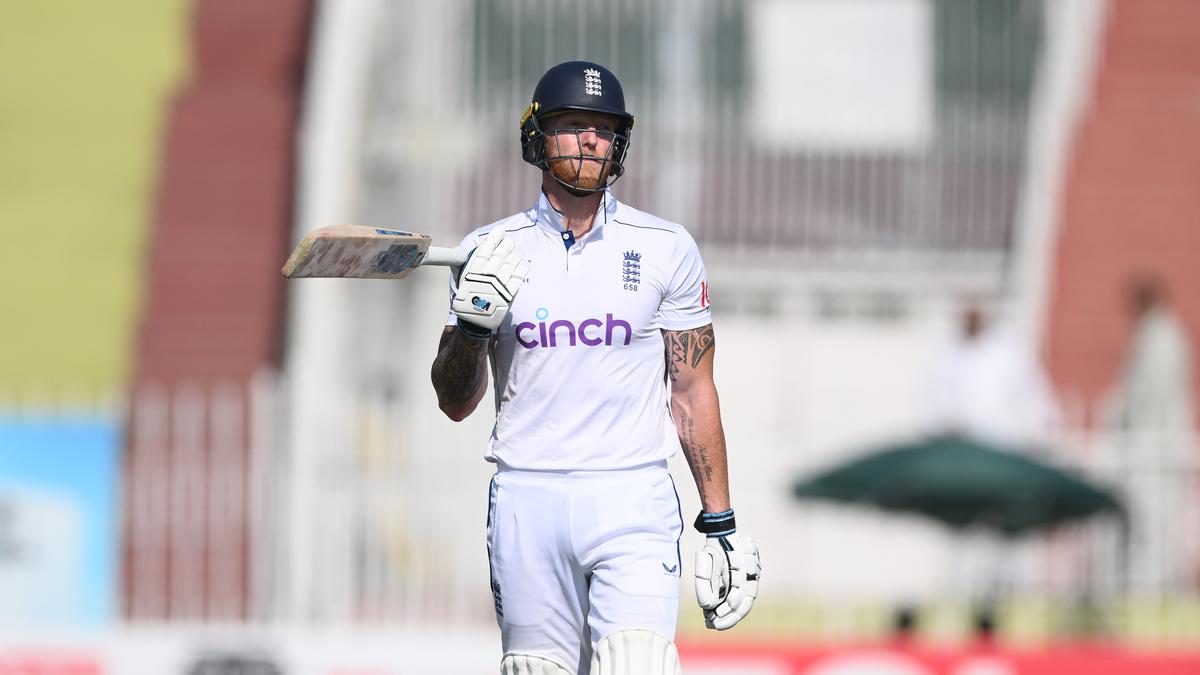NEW DELHI: Pace and bounce. Test cricket in Australia is identified by these two elements. Over the years, no other stadium has represented the fast and furious nature of the Australian pitches than the WACA Ground in Perth.
Indian batsmen, brought up on the low and slow dusty tracks at home, don’t have a formidable record at the WACA, though there have been some memorable and exceptional performances.
India have played four Tests at the WACA and have emerged victorious only once and have also lost their only Test that they played at the new Perth Stadium.
Here’s a look at Team India’s performances in the five Tests in Perth:
1977 – WACA, Perth 2nd Test: Australia won by 2 wickets
India played their first Test at the WACA in December 1977 under the captaincy of Bishan Singh Bedi. Opting to bat after winning the toss, India, riding on opener Chetan Chauhan’s 88 and the gutsy Mohinder Amarnath’s 90 scored 402 runs in their first innings.
Bedi then led from the front with a five-wicket haul but Australia scored 394 thanks to their captain Bob Simpson’s 176.
The legendary Sunil Gavaskar became the first Indian batsman to hit a Test hundred at the WACA with a superb 127. Amarnath carried his form through to the second innings and also hit a century, as India declared their second innings at 330/9, giving the Aussies a stiff 339-victory target.
But Tony Mann (105) and Peter Toohey (83) led the run chase as the Aussies won by 2 wickets.
1992 – WACA, Perth 5th Test: Australia won by 300 runs
Australia were already leading the five-match series 3-0 when the fifth Test got underway in February 1992. The Aussies won the toss and David Boon’s 107 powered them to 346.
And then what unfolded on the fastest and bounciest pitch of the world was a pure exhibition of classic batting and dazzling strokeplay when 18-year-old Sachin Tendulkar hit a stupendous hundred against an Aussie attack that had Craig McDermott, Merv Hughes, Paul Reiffel, Mike Whitney and Tom Moody.
Tendulkar’s century at the WACA is one of the most iconic innings in his career. This hundred is remembered not only for its technical brilliance but also for the promise it showed from an 18-year-old Tendulkar against one of the most intimidating bowling line-ups on one of the world’s fastest pitches.
But with the rest of the batsmen hardly making a mark, India were bowled out for 272 in their first innings. Dean Jones’ unbeaten 150 and Tom Moody’s 101 enabled the Aussies to declare their second innings at 367/6.
Mike Whitney ran through the Indian batting line-up taking 7 wickets as India were bundled out for 141 and Australia won the match by 300 runs and the 5-match series 4-0.
2008 – WACA, Perth 3rd Test: India won by 72 runs
This was India’s first-ever Test victory at the WACA and had many heroes. Rahul Dravid and Sachin Tendulkar scored 93 and 71 respectively in the first innings to power India to 330.
A young and lanky Ishant Sharma bowled a dream spell to Australia captain Ricky Ponting, who was all at sea against the pacer, eventually falling to him. RP Singh took 4 wickets as Australia could manage 212.
VVS Laxman scored a brilliant 79 in the second innings to take India to 294 and set Australia a 413-run victory target. Captain Anil Kumble dismissed Andrew Symonds for his 600th Test wicket. Man of the match Irfan Pathan took 3 wickets as India won the Test by 72 runs.
But India’s victory in this Test is remembered as one of the most celebrated moments in Indian cricket. It not only ended Australia’s 16-match winning streak but also capped India’s comeback after the Sydney Test, which was rocked by the Monkeygate scandal.
Australia had won the controversial Sydney Test that had led to significant tensions and scrutiny over umpiring decisions and sportsmanship. Still, India’s win in Perth is remembered as a triumph of resilience and skill. It was one of the rare instances when an Indian team outperformed Australia on a fast and bouncy pitch, a traditional weakness for sub-continental teams.
This victory not only boosted India’s confidence but also marked a shift in their approach to overseas tours, displaying aggression and adaptability against the world’s best.
2012 – WACA, Perth 3rd Test: Australia won by an innings and 37 runs
On India’s tour of Australia in 2011/12, MS Dhoni and his men could not win a single Test. And when the two teams landed in Perth for the third Test, the Aussies already had an unassailable 2-0 lead.
Ben Hilfenhaus took 4 wickets and Peter Siddle took 3 as India were bowled out for 161 runs in their first innings after being put into bat.
David Warner smashed 180 to power Australia to 369 in their first innings.
Hilfenhaus again took 4 wickets and Peter Siddle again took 3 to shoot out India for 171 to register an emphatic victory by an innings and 37 runs inside 3 days.
2018 – Perth 2nd Test: Australia won by 146 runs
From the 2018/19 season, Australia moved to a new cricket stadium in Perth, known as Optus Stadium, because of modern facilities, larger seating capacity than the WACA, accessibility, improved pitch and playing conditions.
The first Test that the stadium hosted was the second Test between India and Australia in December 2018.
Virat Kohli and his men were on a high after winning the first Test by 31 runs in Adelaide.
Ishant Sharma took 4 wickets as Australia scored 326 runs. Virat Kohli hit a magnificent 123, ably supported by Ajinkya Rahane‘s 51, but India folded for 283 with Nathan Lyon taking 5/67.
Mohammed Shami took 6/56 in the Aussie second innings to bowl out Australia for 243. But India failed to chase down the 287-run target and lost the match by 146 runs.
This was the only Test that India lost on that tour as they went on to win the 4-match Test series 2-1. It was their first Test series triumph on Australian soil.
Cut to 2024, the Rohit Sharma-led side need to win 4 Tests in Australia to directly qualify for the World Test Championships final.





